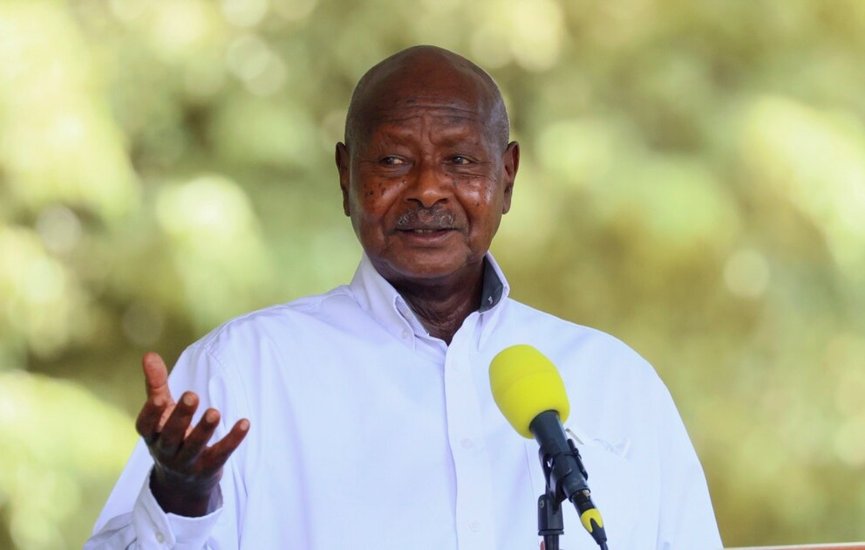Traders affiliated with the Kampala City Traders Association (KACITA) have officially suspended their sit‑down strike following the promise of talks from President Yoweri Museveni.
The protest, which began last Tuesday, was launched in response to a number of long‑standing grievances facing the city’s traders. Among the issues cited were burdensome value‑added tax (VAT) policies, alleged coercive enforcement of the Electronic Fiscal Receipting and Invoicing System (EFRIS) by the Uganda Revenue Authority (URA), high import duties on fabric and garments, unpaid withholding tax refunds, competition from foreign‑owned retail outlets, and escalating rents pegged in US dollars.
Additionally, traders suffered losses when recent floods in Kampala damaged stock and disrupted businesses downtown. They are demanding compensation for those losses as part of the negotiations.
KACITA chairperson Issa Ssekito stated that the decision to suspend the strike is temporary and contingent on the forthcoming meetings with both the Trade Ministry and President Museveni. “We have agreed to suspend the strike until further notice,” he said. “The minister for Kampala informed us that we are to meet the Trade minister this week and the President after his campaigns. While we wait, the government should know we are determined to have our grievances addressed.”
The suspension is also attributed to practical considerations: the effect of the floods on traders, and the personal logistical and legal challenges faced by the chairperson, including his recent arrest during a demonstration. “Traders want to be compensated for losses caused by the floods. Closing shops at this time would have been counter‑productive,” Ssekito added.
From the government side, the Kampala Capital City Authority (KCCA) and the Ministry for Kampala (represented by Minister Minsa Kabanda) confirmed that President Museveni has committed to meeting the traders once his up‑country election campaign concludes. The minister also noted that a verification process has begun to identify traders affected by the floods so that compensation can follow.
However, traders remain cautious. They emphasised that while the strike is suspended, their demands remain unresolved. Ssekito warned: “If the government ignores these grievances, we will explore new measures. This could include refusing to pay trading licences or finding alternative channels with shipping companies. Simply closing shops no longer works we need solutions that have real impact.”
As Kampala’s trade community awaits action and concrete timelines, the strike suspension offers a momentary pause but the underlying tensions and demands remain. The upcoming talks will likely be critical in determining whether the traders’ grievances are addressed or whether the dispute escalates again.
